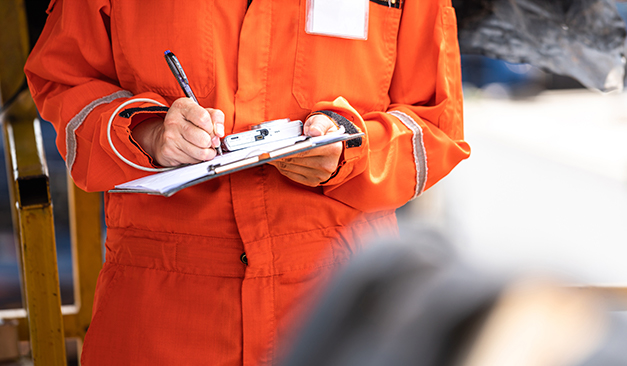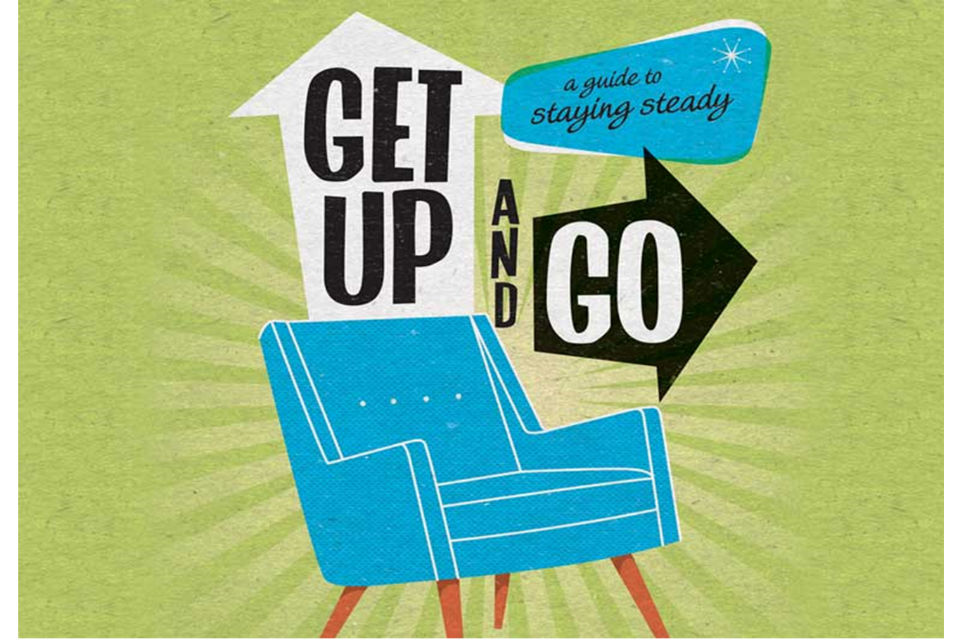Dementia Fall Risk Things To Know Before You Get This
Dementia Fall Risk Things To Know Before You Get This
Blog Article
Some Ideas on Dementia Fall Risk You Need To Know
Table of ContentsGetting My Dementia Fall Risk To Work9 Easy Facts About Dementia Fall Risk DescribedAbout Dementia Fall RiskDementia Fall Risk Fundamentals ExplainedThe Facts About Dementia Fall Risk Uncovered
The FRAT has three sections: drop risk standing, risk variable checklist, and action strategy. An Autumn Threat Condition consists of data concerning history of current falls, medicines, psychological and cognitive standing of the patient - Dementia Fall Risk.If the individual ratings on a risk aspect, the equivalent number of points are counted to the client's loss threat score in the box to the far. If a person's fall danger rating completes five or higher, the person goes to high threat for falls. If the client ratings just four points or reduced, they are still at some danger of dropping, and the nurse ought to use their finest professional assessment to manage all autumn danger variables as component of a holistic care plan.
These conventional methods, in general, help create a risk-free environment that lowers unintended falls and marks core preventative steps for all patients. Signs are essential for people at threat for drops.
Dementia Fall Risk Can Be Fun For Anyone
Wristbands must consist of the patient's last and first name, date of birth, and NHS number in the UK. Just red shade needs to be used to indicate unique person status.
Products that are as well much might require the client to get to out or ambulate needlessly and can potentially be a risk or add to drops. Aids prevent the client from heading out of bed with no assistance. Nurses respond to fallers' phone call lights much more swiftly than they do to lights started by non-fallers.
Visual impairment can greatly create drops. Keeping the beds closer to the floor reduces the risk of drops and severe injury. Placing the mattress on the flooring considerably decreases loss threat in some health care settings.
All about Dementia Fall Risk
People who are high and with weak leg muscles that attempt to sit on the bed from a standing placement are likely to fall onto the bed due to the fact that it's as well reduced for them to lower themselves securely. Additionally, if a tall person attempts to obtain up from a low bed without help, the client is most likely to drop back down onto the bed or miss the bed and drop onto the flooring.
They're developed to advertise prompt rescue, not to avoid drops from bed. Audible alarm systems can also remind the person not to get up alone. Making use of alarms can likewise be a replacement for physical restraints. Besides bed alarm systems, enhanced guidance for risky people additionally might help protect against drops.

People with a shuffling stride increase fall possibilities considerably. To decrease autumn threat, footwear ought to be with a little to no heel, thin soles with slip-resistant step, and sustain the ankle joints. Suggest patient to use nonskid socks to avoid the feet from moving upon standing. Motivate clients to use proper, well-fitting shoesnot nonskid socks for ambulation.
Dementia Fall Risk Fundamentals Explained
In he has a good point a research, homes with appropriate lighting report less falls (Ramulu et al., 2021). Renovation in lighting at home might minimize loss rates in older grownups.

Caretakers work for ensuring a safe and secure, protected, and risk-free atmosphere. Studies showed very low-certainty evidence that sitters minimize loss risk in acute care medical facilities and just moderate-certainty that options like video clip tracking can minimize caretaker use without boosting autumn danger, recommending that sitters are not as beneficial as at first believed (Greely et al., 2020).
Facts About Dementia Fall Risk Revealed

Raised physical fitness minimizes the danger for falls and restricts injury that is endured when fall takes place. Land and water-based workout programs may be in a similar way valuable on equilibrium and gait and therefore minimize the risk for drops. Water exercise may add a positive advantage on balance and stride for ladies 65 years and older.
Chair Rise Workout is an easy sit-to-stand exercise that aids enhance the muscular tissues in the upper legs and buttocks and boosts wheelchair and independence. The objective is to do Chair Increase workouts without utilizing hands as the customer ends up being stronger. See sources area for a thorough direction on just how to carry out Chair Surge exercise.
Report this page